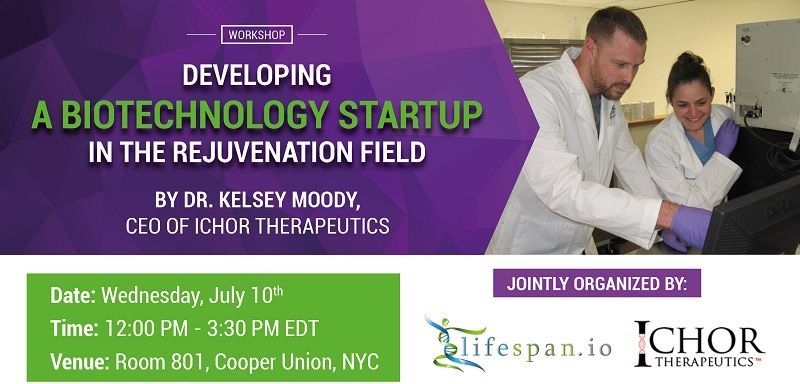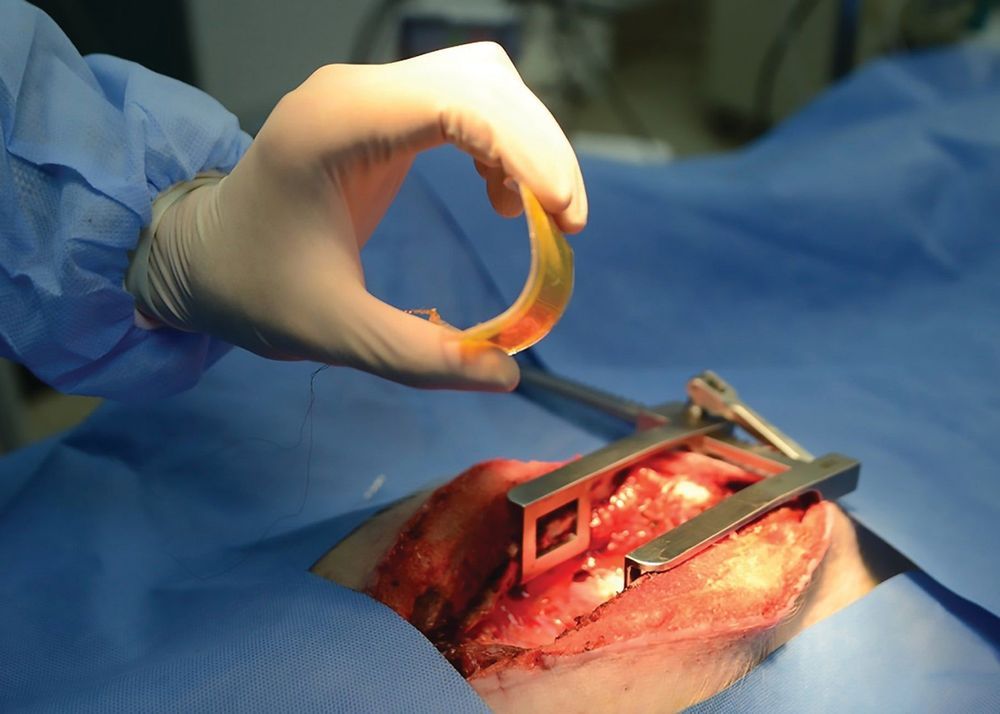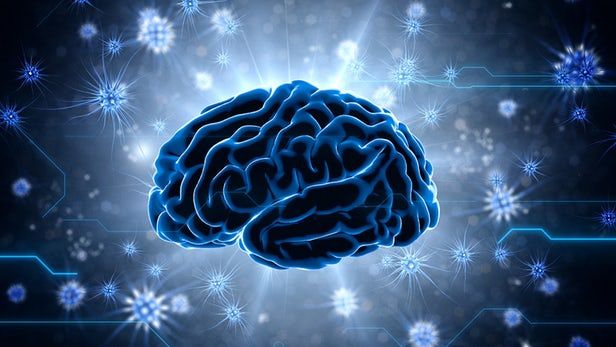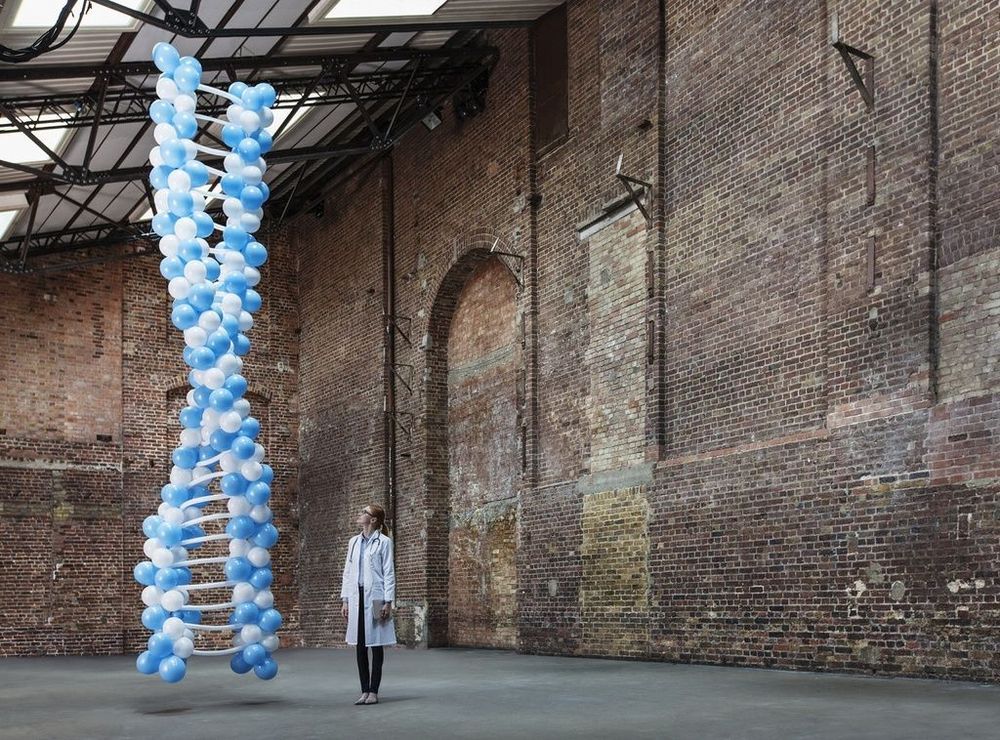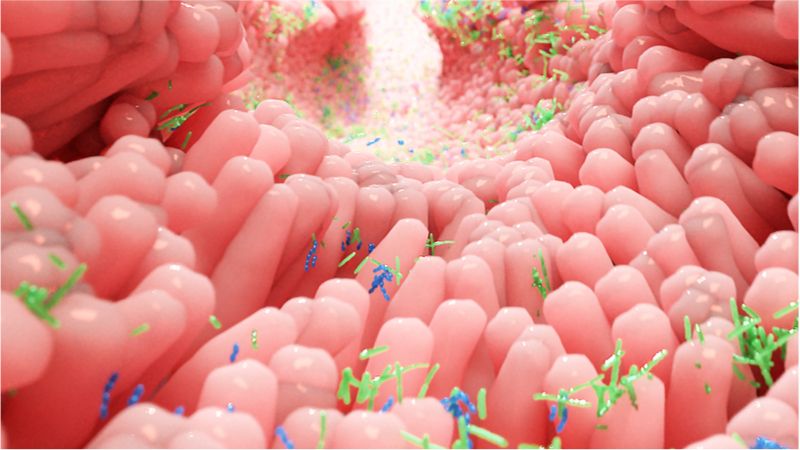May 28, 2019
Developing a Biotechnology Startup in the Rejuvenation Field
Posted by Steve Hill in categories: biotech/medical, life extension
Alongside our Ending Age-related Diseases 2019 annual conference, we are proud to announce the launch of a special pre-conference biotech workshop led by Dr. Kelsey Moody, CEO of Ichor Therapeutics, a successful and rapidly growing rejuvenation biotechnology company.
This joint event between the Life Extension Advocacy Foundation and Ichor Therapeutics is an essential workshop where you will learn about the fundamentals of launching and growing a successful biotechnology company with an emphasis on the nuances specific to the emerging rejuvenation biotechnology industry.
